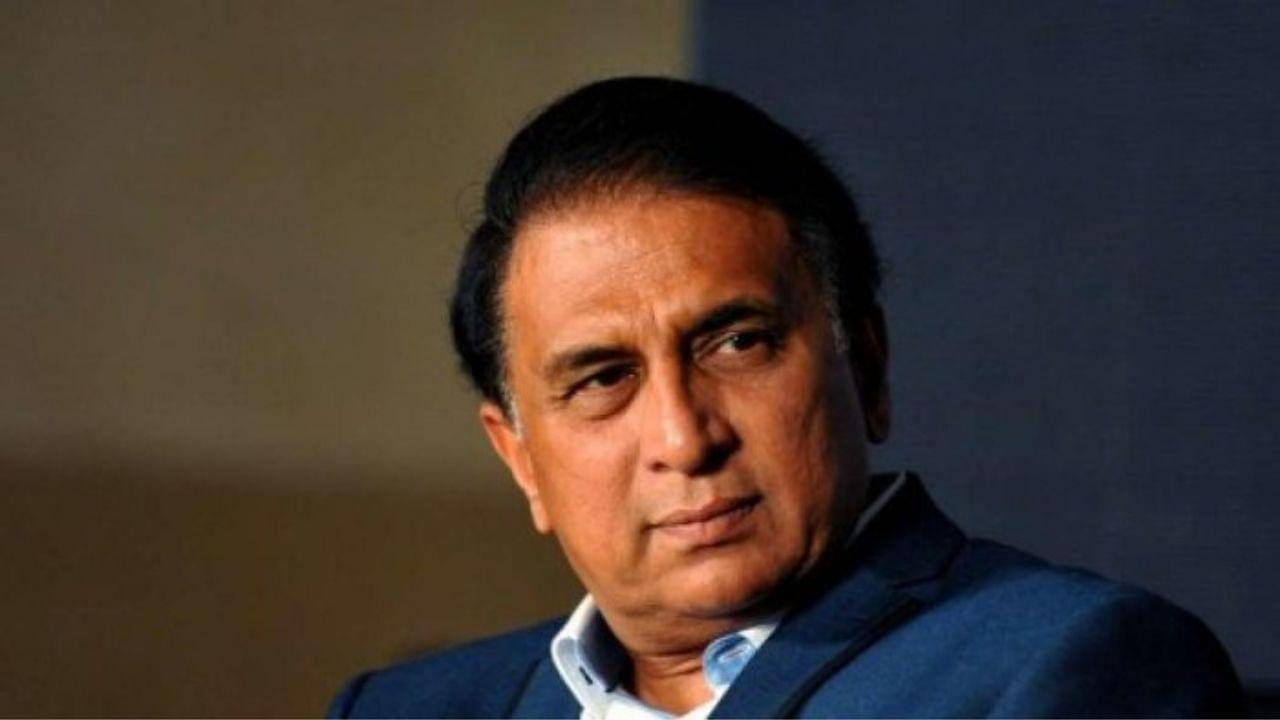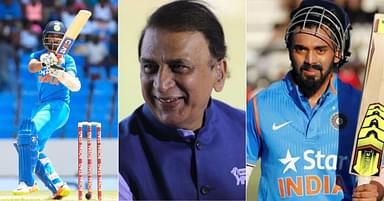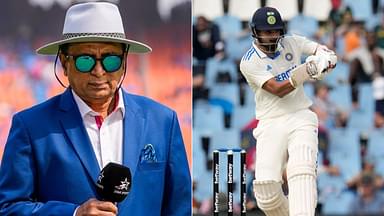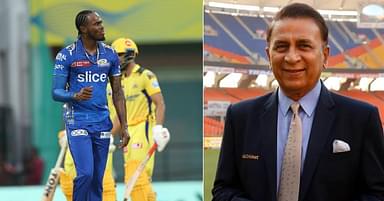“There’s nowhere you can be that isn’t where you’re meant to be”. This quote by the English singer, songwriter John Lennon perhaps aptly describes what destiny is all about.
Advertisement
Born on July 10, 1949 in Bombay (now Mumbai), the legendary Indian batter Sunil Gavaskar batted like he was born to play the game, or that he was destined to become one of the most successful opening batter of all time in the Test format.
In an international career which spanned from 1971-1987, Gavaskar had become the first batter ever to pile on 10,000 Test runs during the final days of his career in March 1987. Going on to play as many as 125 Tests for team India, the ‘Little Master’ had also held the record for smashing the maximum number of Test centuries (34) as well.
His record, to much of his delight, was broken by another legendary Indian batter in Sachin Tendulkar in the year 2005. A year earlier, in 2004, when Tendulkar had equalled his record of 34 centuries against Bangladesh, a delighted Gavasakar would gift him 34 bottles of champagne upon achieving the feat.
Sunil Gavaskar would have been raised as a fisherwoman’s son
However, had it not been for his ever-alert uncle, Gavaskar might well have been leading an ordinary life. But as they say, destiny had other plans and some things are just meant to be.
Gavaskar was born with a tiny hole near the top of his left earlobe – something which uncle (Nan-Kaka as he would call him) had noticed when he first saw him in the hospital soon after birth.
The story finds a mention in his autobiography ‘Sunny Days‘. The following day, when his Nan-Kaka would watch him lying next to his mother, he would notice the hole in the earlobe missing.
What followed was utter confusion, and much to the relief to the family, he was eventually spotted lying on a crib next to a fisherwoman. The mix-up had occurred after the babies had been given their baths.
“I may never have become a cricketer and this book would certainly not have been written, if an eagle-eyed relation, Narayan Masurekar, had not come into my life the day I was born (July 10, 1949),” Gavakar had remarked in his autobiography.




